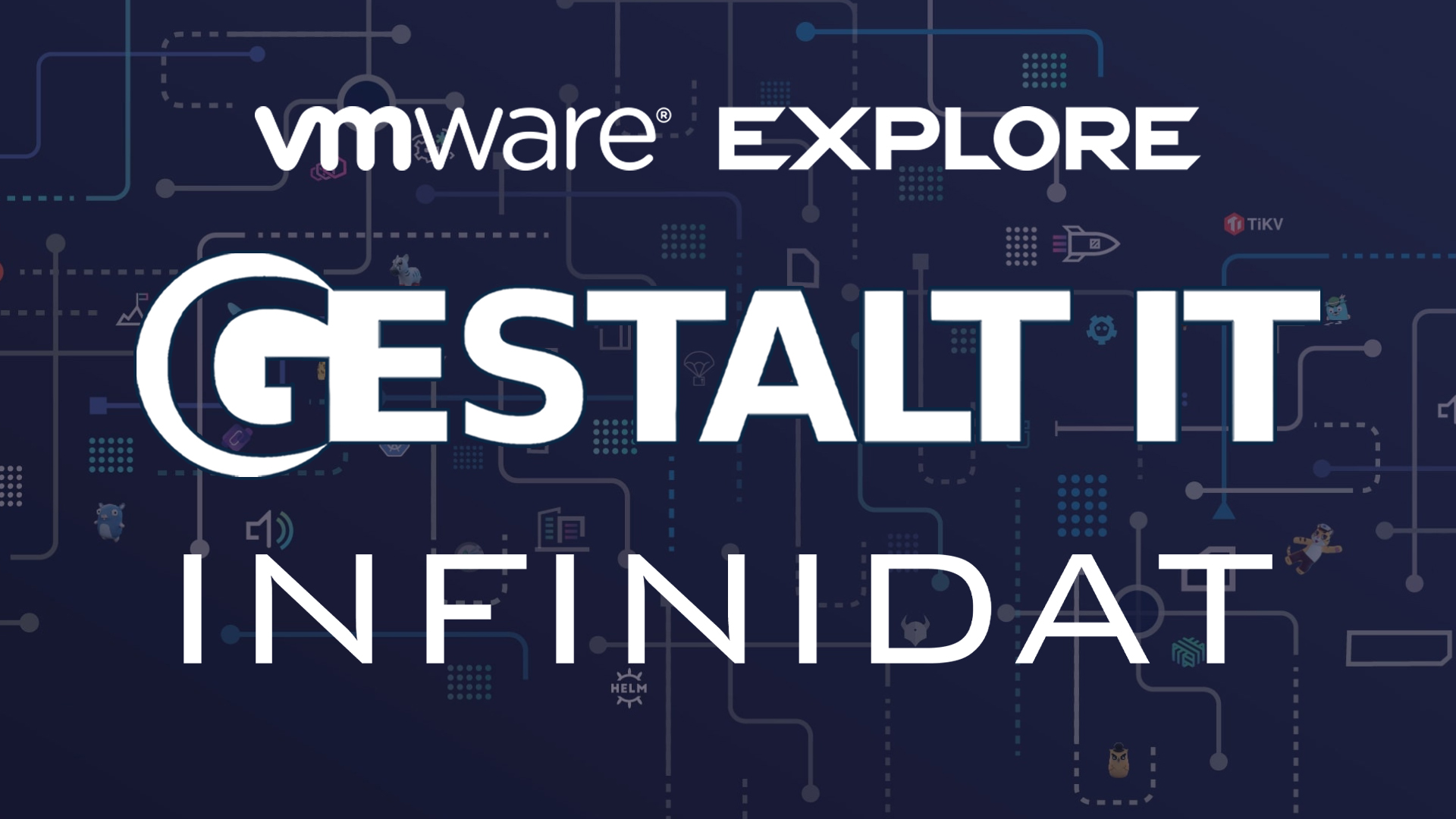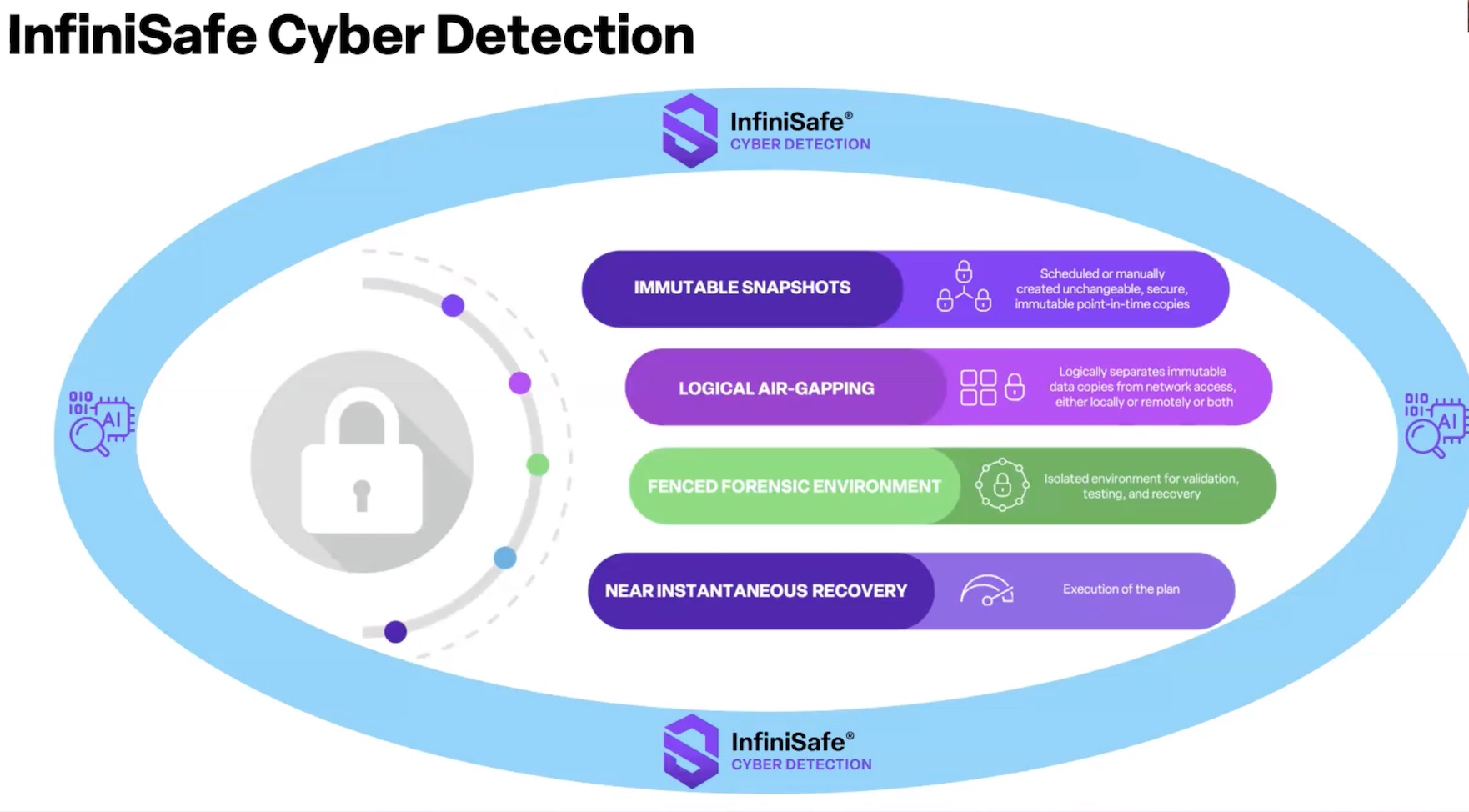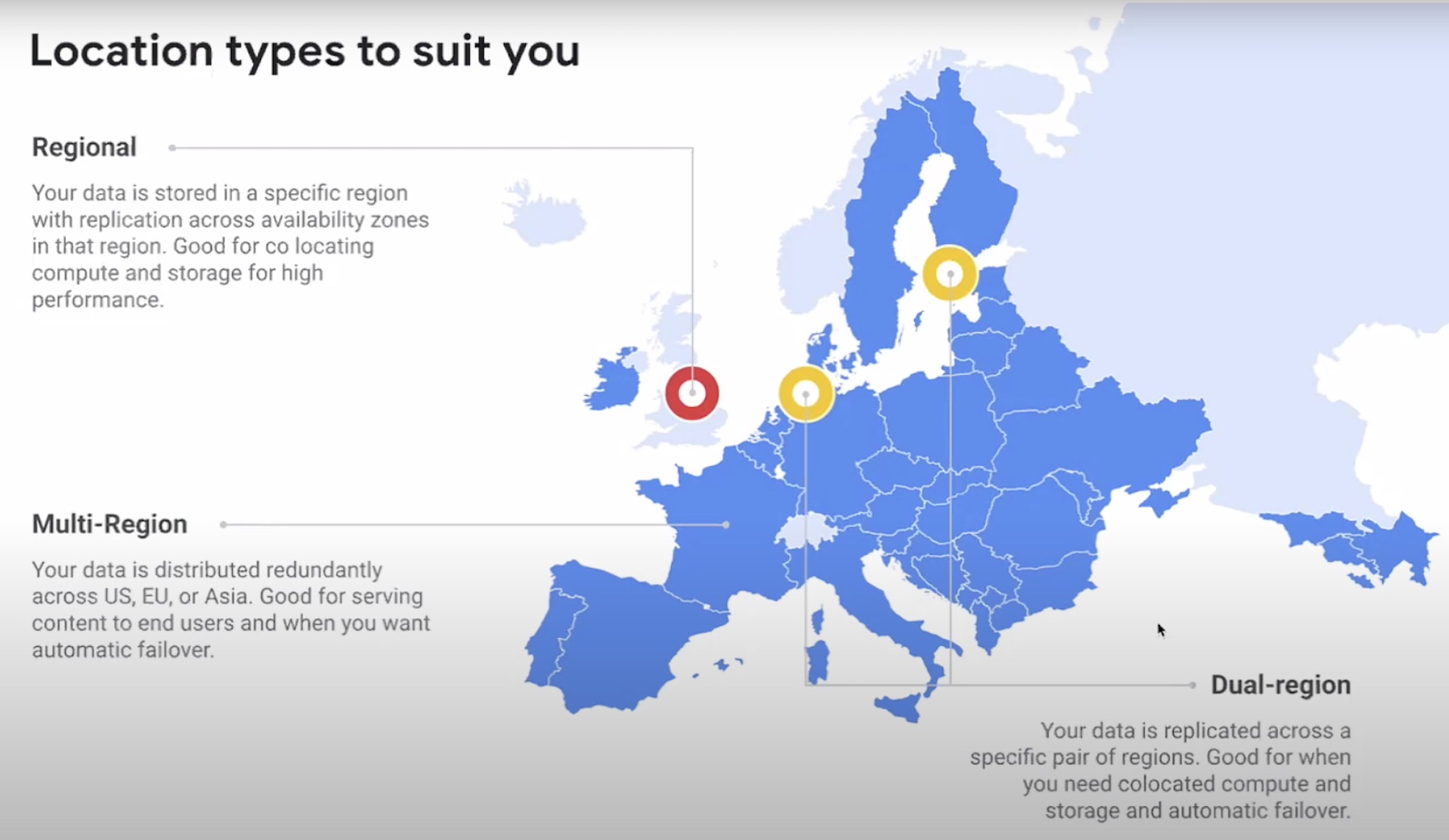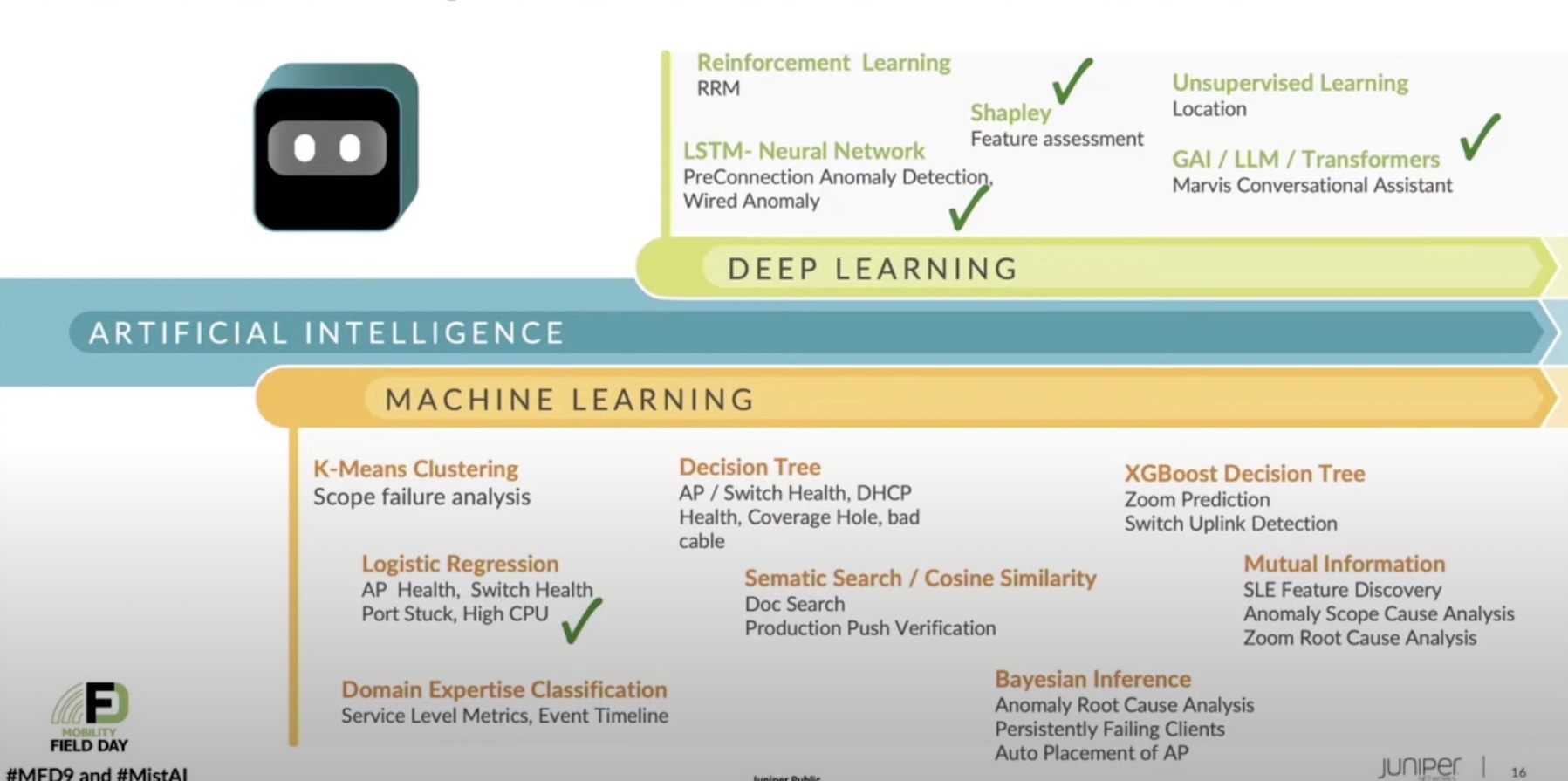Google’s Cloud business reports revenue while it plans to grow Google Meet, Arm wants to give startups the first license taste for free, and can OpenCL 3.0 roll back the clock? Tom Hollingsworth and Rich Stroffolino discuss these and all the IT news of the week, live at 12:30pm ET on the Gestalt IT Rundown!
This week on the Rundown:
Zoom Goes With Oracle
Infinidat K8s Support
Ansible Automation Updates
Amazon AppFlow
Amazon Web Services launched Amazon AppFlow, which aims to help developers streamline data transfers between AWS and SaaS apps like Google Analytics, Marketo, Salesforce, ServiceNow, Slack, Snowflake and Zendesk. Although data flow can be bi-directional, AWS’s announcement plays up how AppFlow can move data from SaaS applications to other AWS services for further analysis, and transform the data as it moves through the service. AWS defines each “flow” as a call to a source application to transfer data to a destination, and each flow costs $0.001 per run, with data processing starting at 0.02 per GB.
MS Teams GIF Vulnerability
Security researchers at CyberArc found a security vulnerability in Microsoft Teams, letting an attacker potentially get user authentication tokens using a GIF. The attack requires access to a teams.microsoft subdomain and access to the Team to be attacked, and send a malformed GIF link that will cause the recipient to send their authentication token when it is clicked. With the token, an attacker can use the Teams API to read a user’s Teams messages, send messages on their behalf, create groups, add or remove users from a group, and change group permissions. Microsoft says it secured the subdomains named by CyberArc, but the secutityy researchers believe the exploit itself is still viable.
OpenCL 3.0
The Khronos Group released the provisional OpenCL 3.0 standard, the latest update to the open framework for programming GPUs and other compute accelerators. The new version reverts the core API to a fork of OpenCL 1.2, with everything released as part of the OpenCL 2 releases made optional components, giving platforms more control over which features to integrate. As Ryan Smith at Anandtech points out, this is largely a reflection of how OpenCL consortium members have deployed OpenCL, with OpenCL 2.2 released in 2017, but not seeing support from Nvidia, Intel, AMD, or embedded device makers. Khronos hopes to have the standard ratified by members in a few months.
Arm Flexible Access for Startups
The chip designer Arm announced an expansion of its Flexible Access program that will provide free access to much of its core IP to early stage startups, with the aim of spurring development on IoT, automotive and AI at the edge designs. This Flexible Access for Startups will be open to companies with under $5 million in funding, letting them experiment and protoytype, design, manufacture, and test in the market with customers, with no payments due until they move into commercial production. Arm hopes this can accelerate time to market by up to a year while reducing risk to startups.
Google Cloud Business Rising?
“Alphabet released its Q1 earnings, including numbers for Google’s cloud division again! The business unit saw revenue increase 52% to $2.78 billion. Now this does include both GCP as well as G Suite, but Google said GCP drove significant growth across health care, media and communications, and supply chain optimization.. In light of COVID-19 pandemic, Google has said it will overall slow its pace of hiring. But in the quarter, Google’s Cloud unit saw the largest headcount increase in the company and Thomas Kurian has said that the division will continue to make strategic hires during the crisis.
Probably driving that growth is the increasing popularity of Google Meet, which now has over 100 million daily active users, and growing three million users per day. This is an increase from 2 million added a day reported on April 9th. To help bolster that growth, Google is also opening up Google Meet to any Google account users, letting them schedule meetings with up to 100 participants, with a 60 minute limit coming into effect after September 30th. Combined with an already announced Gmail integration, it looks like Google is trying to hit the gas with its cloud growth.
The Gestalt IT Rundown is a live weekly look at the IT news of the week. It broadcasts live on YouTube every Wednesday at 12:30pm ET. Be sure to subscribe to Gestalt IT on YouTube for the show each week.




